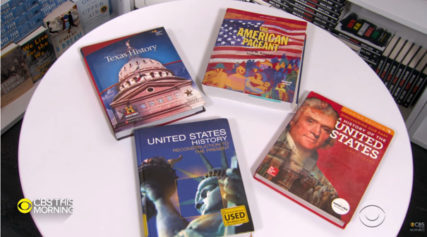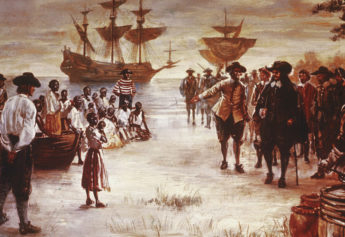We have entered the time again when the nation ponders the life and words of Rev. Martin Luther King Jr. It is King’s birthday month, and I wonder, which version of the man will dominate our thinking?
Will we bite into the tough ideas posed by the hardcore warrior, who was among America’s greatest critics? Or will we nibble contentedly on the peaceful, candy apple accounts of King?
The candy apple version is sweet and harmless. He is the preacher who espoused universal brotherhood. Remember? At a time when segregationists routinely attacked blacks nationwide, he promoted the Christian virtue of pacifism.
The candy apple King is the fellow known most for standing on the steps of the Lincoln Memorial in 1963 and thunderously declaring, “I have a dream!”
Aside from extreme racists, most Americans adore that speech. They especially love the part where he expressed a yearning for the day when black and white children will hold hands together.
The candy apple King — the version most often taught in schools — is watered down and syrupy. Sure, the “I Have a Dream” speech was a moving, brilliant piece of oratory. But taken in isolation, it transforms Dr. King into “Dr. Feel-good.”
The “I Have a Dream” speech alone reflects only a slither of King’s expansive thinking. I have seen other speeches and writings that reveal more strident and radical aspects of the civil rights leader. In fact, in today’s parlance it might justifiably be said that King was an angry black man.
For instance, the hardcore King used to upset lots of folks with his stinging critiques on issues related to class. He was especially obsessed with protecting poor people from the crushing greed of America’s wealthy elite. In fact, when he was slain in 1968, he had gone to Memphis to campaign on behalf of garbage workers.
“The poor can stop being poor,” he once opined, “if the rich are willing to become even richer at a slower rate.”
Can you imagine?
Nowadays, all we hear about, from President Obama on down, is the need to rescue the middle class.
The hardcore King also expressed strong views about race in blunt terms that are seldom quoted in public commemorations. He delivered withering attacks on racism in America that still resonate today.
He said, “Whites, it must be frankly said, are not putting forth a similar mass effort to re-educate themselves out of their racial ignorance. It is an aspect of their sense of superiority that the white people of America believe they have so little to learn.”
Conservatives today, who accuse the mild-mannered Obama of being radical, would confuse the hardcore King with Malcolm X. The hardcore King unleashed frontal attacks on the stubborn resistance to full equality for everyone.
“White America is not even psychologically organized to close the (equality) gap,” he said. “Essentially it seeks to make it less painful and less obvious, but in most respects to retain (inequality). Most of the abrasions between Negroes and white liberals arise from this fact.”
Apathetic blacks didn’t escape King’s eloquent tongue-lashings, either. He was especially tough on those African-Americans who smugly deemed themselves middle class. He accused many middle class blacks of shirking their obligation to reach back and help their struggling brethren.
I know there are many people who take the occasion of King’s birthday month very seriously. They use this time to reflect on where we as a nation have been, how far we must go and how they can contribute to helping the country live up to its promise.
But I also believe this: If he were alive, the hardcore King might have a tough time finding an audience in today’s America, where unfettered capitalism rules. After all, King promoted the need to restructure the entire American capitalist system. In fact, he flirted with socialism, which is the equivalent of a cuss word today.
Sure, we will hold King celebrations and recite the “I Have a Dream” speech ad infinitum for the remainder of this month. My money says we’ll be mostly ingesting candy apples.
The real sadness is that many young people in particular will not get exposure to the hardcore King.


